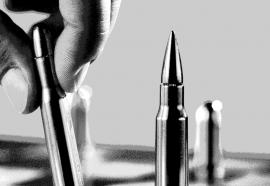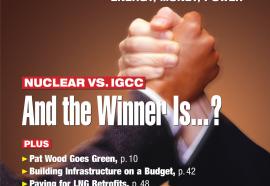Selling the Smart Grid - The Policy
Why many state regulators still have qualms about endorsing smart meters.
A year ago, in its formal investigation of state policy on smart meters, the Florida Public Service Commission conceded that while three of the state’s five major investor-owned electric utilities offered an optional time-of-use rate to residential customers, participation in fact remained “typically quite small,” averaging only about 1 percent.











